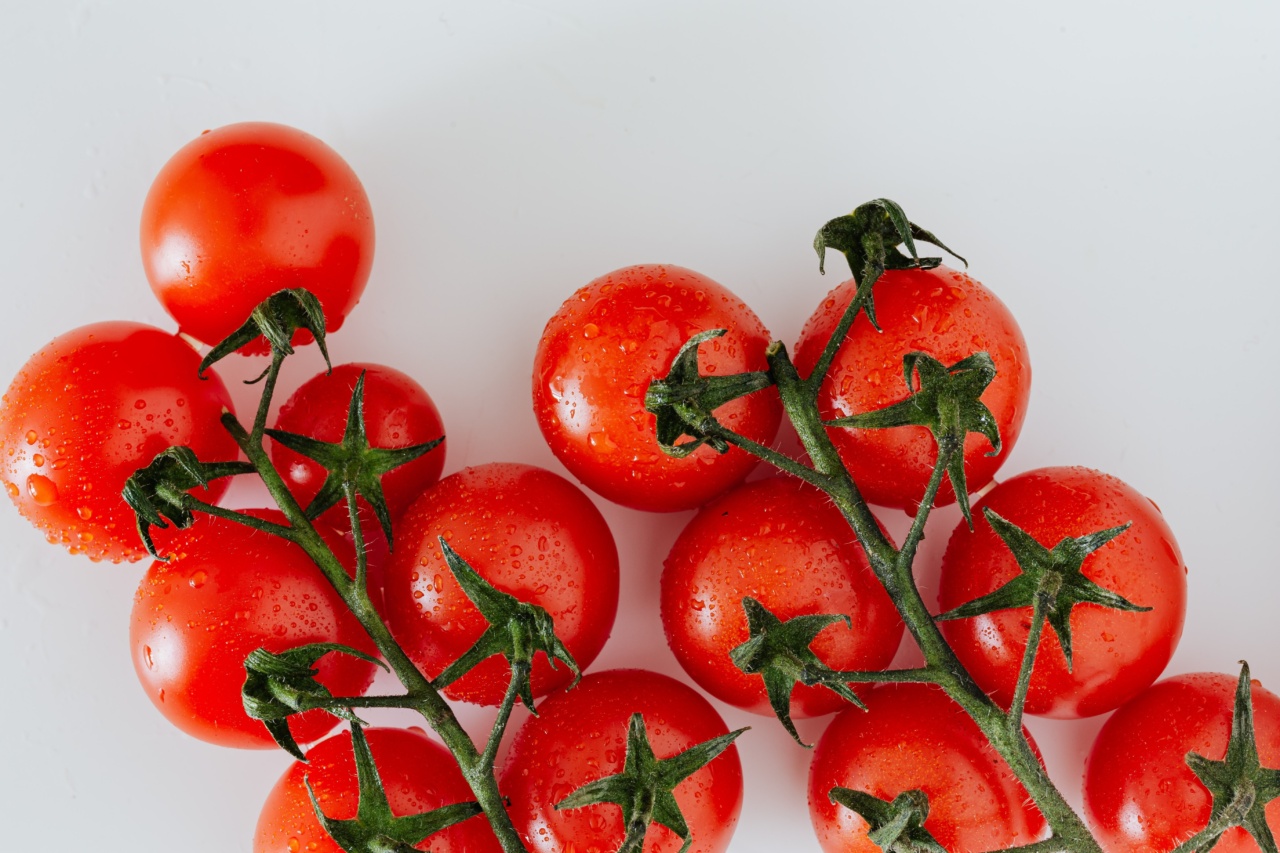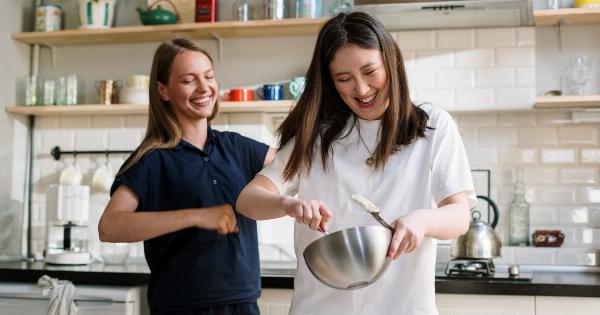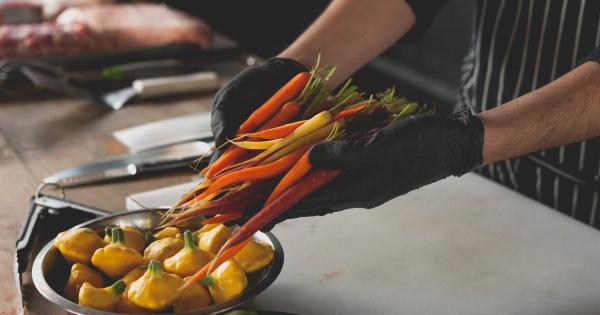Staying clean in the kitchen is essential for maintaining good hygiene and preventing the spread of germs. This becomes even more important when you’re under the weather, as you don’t want to contaminate your food and risk getting sicker.
In this article, we will discuss five ways to avoid dropping your food while you’re feeling unwell.
1. Take it slow
When you’re feeling sick, it’s important to take things slow in the kitchen. Rushing around can increase the chances of accidents, such as dropping your food.
Take your time and be mindful of your movements to minimize the risk of spills and falls.
2. Use a cutting board with a non-slip surface
A cutting board with a non-slip surface can provide better grip and stability, making it less likely for your ingredients to slip and slide while you’re chopping them.
Invest in a quality cutting board with a non-slip feature to ensure a safer food preparation experience.
3. Opt for utensils with better grip
Choose utensils that have a better grip to avoid dropping your food while cooking. Look for handles that are designed to provide a firm hold, even when your hands are not at their best.
Silicone handles or those with textured grips can be particularly helpful in maintaining control over your cooking tools.
4. Avoid using sharp knives
Using sharp knives can be riskier when you’re not feeling well, as they require more dexterity and can easily slip out of your grasp.
Consider using alternative tools or pre-cut ingredients to minimize the need for sharp knives while you’re under the weather.
5. Keep your workspace clean and organized
A cluttered and messy kitchen can increase the chances of accidents. Keep your workspace clean and organized, ensuring that there are no unnecessary items that could get in your way or cause you to drop your food.
Regularly wipe countertops and remove any spills or debris to maintain a safe and tidy cooking environment.
6. Use anti-fatigue mats
Standing for long periods in the kitchen can be tiring and make you more prone to accidents. Using anti-fatigue mats can help reduce fatigue and provide additional comfort, allowing you to focus on your cooking rather than your discomfort.
These mats also offer better traction, reducing the risk of slipping.
7. Enlist the help of a kitchen buddy
If you’re feeling unwell, don’t hesitate to ask for assistance. Having a kitchen buddy can make the cooking process safer and more enjoyable.
They can help with tasks that require more coordination and provide an extra set of hands to prevent accidents.
8. Practice good hand hygiene
Washing your hands regularly and thoroughly is crucial, especially when you’re not feeling well. Proper hand hygiene helps prevent the spread of germs to your food and reduces the risk of contamination.
Remember to wash your hands before and after handling food, using the bathroom, or blowing your nose.
9. Use lids and splatter guards
When cooking on the stovetop, utilize lids and splatter guards to contain any spills or splatters. These accessories can prevent hot liquids or oil from accidentally falling out of the pan and causing burns or messes.
They provide an extra layer of protection and help you maintain a cleaner kitchen.
10. Take breaks when needed
Last but not least, listen to your body and take breaks when necessary. Pushing yourself too hard when you’re feeling sick can increase the chances of accidents.
Resting when needed will help you stay more focused and prevent any mishaps in the kitchen.




























